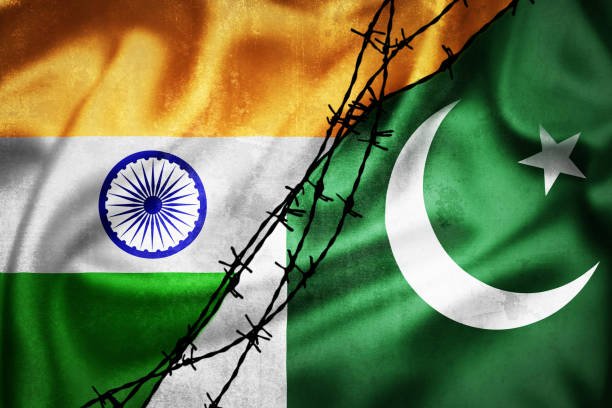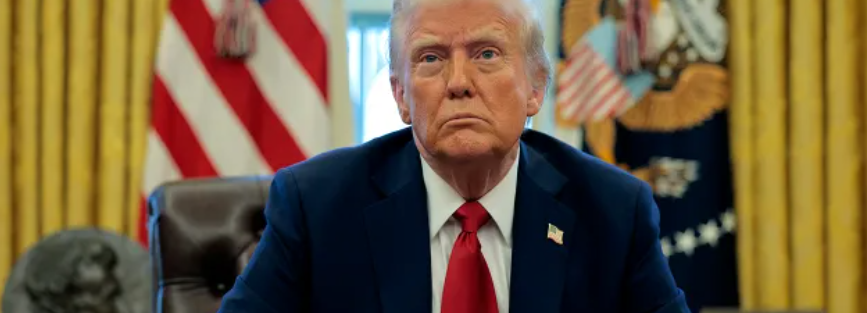WASHINGTON, D.C. — With tensions once again flaring between South Asia’s nuclear-armed rivals, U.S. President Donald Trump weighed in Tuesday, calling the rapidly escalating India-Pakistan conflict “a shame” and expressing hope that both sides would “end it very quickly.”
The comment came just hours after India launched a series of military strikes inside Pakistan and Pakistan-administered Kashmir, retaliating for an April 22 militant attack in Indian-controlled Kashmir that left 26 people dead. Pakistan vowed a response, warning of “consequences” as global anxiety grows.
“I guess people knew something was going to happen,” Trump said from the Oval Office. “They’ve been fighting for a long time… I just hope it ends very quickly.”
Washington Walks a Diplomatic Tightrope
Secretary of State Marco Rubio is leading the U.S. effort to calm nerves in the subcontinent. On Tuesday, he spoke directly with the national security advisers of both India and Pakistan, urging them to keep communication lines open and avoid escalation.
Rubio posted on X (formerly Twitter) that the U.S. is “monitoring the situation closely” and committed to engaging both nations to pursue a peaceful resolution.
India, a key U.S. strategic partner in countering China’s influence in Asia, informed Washington about the strikes through its national security adviser Ajit Doval. Pakistan, while a long-standing U.S. ally, holds a more complex relationship with Washington following the U.S. exit from Afghanistan in 2021.

Kashmir — The Flashpoint That Won’t Cool
Kashmir remains a powder keg. Claimed in full by both India and Pakistan but split by a tense Line of Control, the region has been the cause of multiple wars and near-conflicts between the neighbors.
India squarely blamed Pakistan for harboring the Islamist militants behind the April 22 attack. Pakistan, in turn, has denied involvement and demanded an independent international investigation.
Despite offering support to India after the attack, U.S. officials have so far avoided directly pointing fingers at Islamabad.
Will the U.S. Intervene?
Some analysts believe the U.S. may opt to stay on the sidelines—at least initially. With American diplomatic attention stretched thin between the wars in Ukraine and Gaza, experts suggest Washington could leave New Delhi and Islamabad to resolve the immediate crisis themselves.
Still, the U.S. is treading carefully. The State Department says talks have taken place at multiple levels, and Rubio’s continued engagement indicates Washington is watching the situation closely.
Trump, never one to shy away from bold predictions, sounded a note of detachment in late April: “They’ll get it figured out one way or the other.”
But with jets in the sky, troops on alert, and both countries rattling sabers again, many in the region—and beyond—are hoping someone figures it out before the next spark ignites a fire no one can control.
Credits: Reuters




